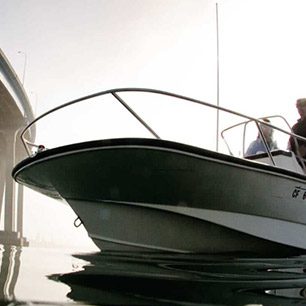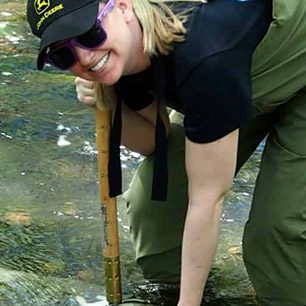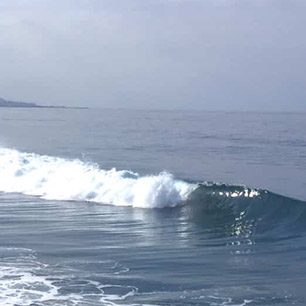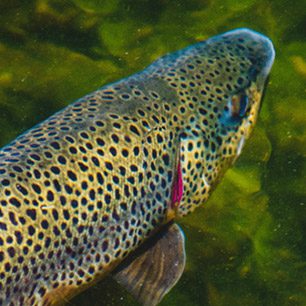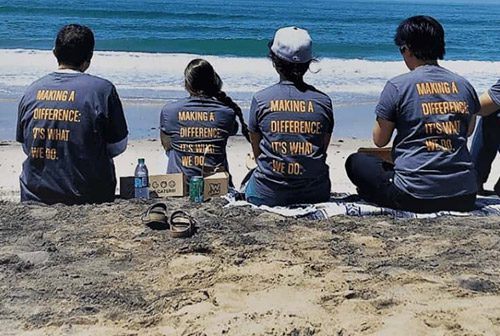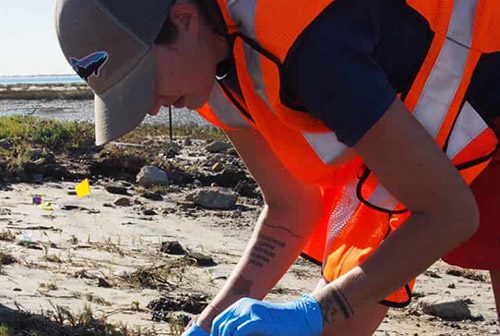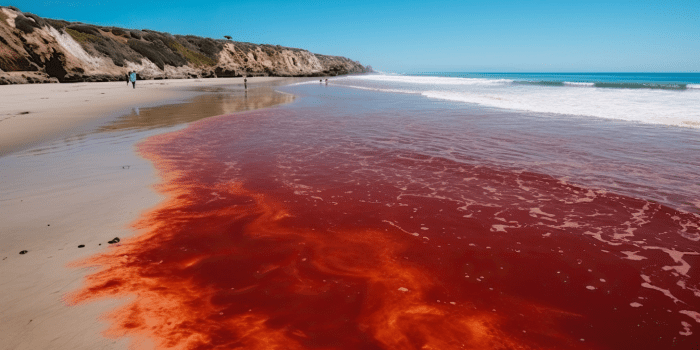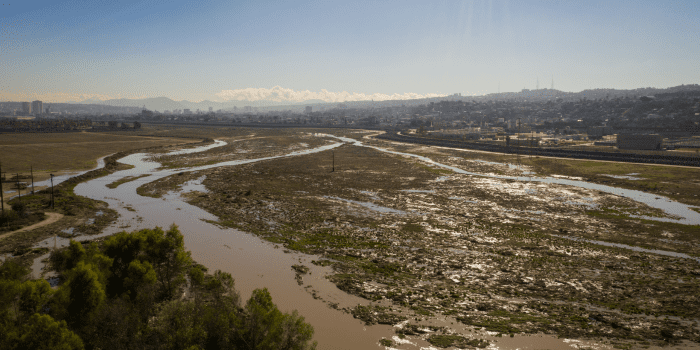California State Water Quality Control Board passes mandatory guidelines for cities and counties to prevent trash from reaching our waters
SAN DIEGO, April 7, 2015 – Today, the California State Water Quality Control Board put into motion a first-of-its-kind statewide policy to prevent trash from reaching the state’s waters–and San Diego Coastkeeper says it’s a great move for San Diego. (Read a simple guide on the Trash Policy.)
Operating under its Ocean Plan, the State Board’s Trash Policy puts into place a ten-year timeline for the state’s cities and counties to implement one of two paths to compliance, both aimed at getting to an eventual “no trash in our waters” outcome. The State Board modeled its policy after a similar program in Los Angeles that prevents more than one million pounds of trash from reaching Southern California waters every year.
“San Diego is currently the largest coastal city in the state without specific trash removal requirements in place,” said Coastkeeper Waterkeeper Matt O’Malley, acknowledging that both Los Angeles and San Francisco have them. “I’ve seen firsthand the amount of trash that clogs San Diego’s urban waters like Chollas Creek and Sweetwater River. We need these trash reduction rules to ensure the San Diego region restores our impacted waters and habitats, and retains its quality of life. We also know that a strong economy and healthy communities depend on clean water.”
Today’s approved guidelines declare a goal of no trash to be present in any ocean waters, bays, or surface waters of the state. As a complement to the state and local bag bans that aim to reduce plastic pollution at the source, California’s Trash Policy puts the impetus on cities and counties to control litter from entering waters through storm drains using one of two programs.
First, within ten years, a municipality can choose to install and maintain trash-catching devices on all storm drains in high-density residential areas, industrial- and commercial-zoned areas, and public transportation stations.
Second, within ten years, municipalities can create a self-selected trash reduction program to include: increased street sweeping, consumer education programs on littering, installation of trash-catching devices on storm drains, and enactment of local ordinances to ban sources of litter. Municipalities that opt for the second path will have to demonstrate equivalent trash reduction to that achieved under the first path.
“The State Water Board’s Trash Policy is essential to protect California’s tourism- and recreation-based economy and could become a national model for keeping trash out of waters,” said Sara Aminzadeh, executive director for California Coastkeeper Alliance and organizer of the Blue Business Council, a network of business partners that care about clean and plentiful water in California. Aminzadeh said 25 businesses, including Patagonia, Klean Kanteen and Clif Bar, signed onto and issued a statement of support for Trash Policy.
###
SAN DIEGO COASTKEEPER: Founded in 1995, San Diego Coastkeeper protects and restores fishable, swimmable and drinkable waters in San Diego County. Visit us online at https://www.sdcoastkeeper.org

